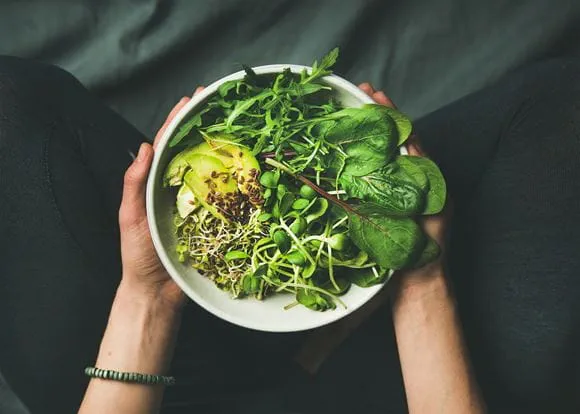Your House or Mine?
The entire population has gotten very used to, and largely comfortable with, the at-home dining experience. Pre-Covid, diners were already looking for more unique dine-in experiences, with 75% prepared to spend more to accommodate this. Post-Covid, the implications for this behaviour are huge. For a start, it propels the private dining chef into a potentially new world of mainstream market dinner party experiences. The traditional exclusive stomping ground of the private chef is set to expand to include the world of simple, tasty life-enhancement – cheaper by necessity, but with a marked increase in volume. This is reflected in a recent study we undertook, where 40% of chefs surveyed noted that they are “considering using private dining in the home as a potential revenue stream.
Take it to the streets
Across the culinary spectrum, things are taking on a distinctly more street vibe as talented chefs take their abilities out of the formal kitchen environment and into the more engaging, accessible and socially rewarding world of food trucks and pop-ups. Even pre-Covid, the Michelin establishment was starting to embrace the idea of street food as a source of culinary inspiration. As the population starts to mingle, meet and hang out together once more and the food festivals, fairs and markets emerge from their enforced hibernation, mobility in hospitality will be one of the key areas for growth, versatility and (hopefully) security.
The truth is, previously marginal areas of hospitality are opening up for any of us willing to take the plunge, offering up a world of culinary excitement that does not require the hefty cost and relative inflexibility of a static restaurant premises. The study further reveals a genuine undercurrent of hope with 77% of chefs surveyed saying that “Covid has made them feel more flexible in terms of further businesses they may own or work at in the future.
In the United States in particular – always a crystal ball for new trends on this side of the pond – the food truck concept is growing exponentially. Traditionally aligned with live music festivals, budding restaurateurs and restaurants have been getting their offering mobile and bringing it to the neighbourhoods themselves. Not only has this been providing a valuable public service, but also a gourmet experience without breaching social distancing rules or travel restrictions. Such ideas have the effect of enhancing and building on the new community strength and togetherness that has emerged during Covid, and is set to stay after.
Limited edition pop-ups
The pop-up – a concept gaining traction before the pandemic due to the possibility for lower overheads and less risky commitments – looks certain to grow going forward as potential premises become more abundant and more chefs see it as the only possible way to step out on their own. Many pop-ups across Europe are now converting into residencies with individual pop-ups rotating between chefs at regular intervals. This is attractive for landlords too as they become increasingly nervous about signing up traditional-form restaurants on long leases.
Looking ahead to next year when social distancing, opening restrictions and other constraints that have hit the hospitality sector so hard start to subside, there will be voids to fill and demand to be met. The industry will still be reeling. Things will look different. But there is also light at the end of the tunnel as alternative operations develop and flourish, offering more choice, quality and lower cost for all concerned. With half the chefs surveyed in our study feeling “confident that this new normal will offer new opportunities in regards to different dining experiences which can be capitalised on,” it genuinely appears that our collective resilience will be rewarded. We’ll drink to that.

